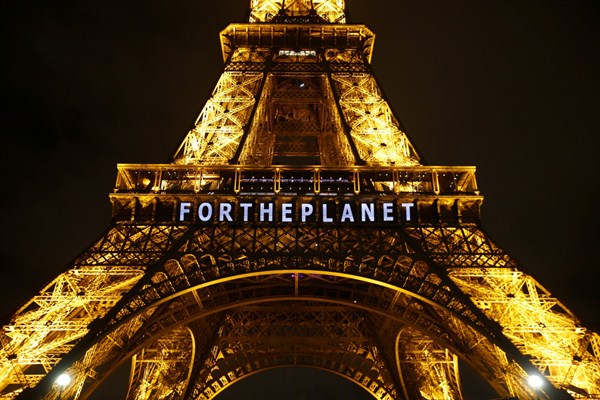Energy minsters and clean energy leaders from around the world descended upon San Francisco, California, this week for the seventh Clean Energy Ministerial (CEM), the first major international follow-up to the historic global climate accord struck in Paris last December.
Diplomats and negotiators have rightly been praised for the success of the COP 21 Paris agreement, the most comprehensive global deal to date on climate change, with buy-in from virtually every nation on earth. But to mitigate the worst effects of climate change by displacing greenhouse gas-producing fossil fuels, countries must expand their clean energy infrastructure.
The CEM, which has met annually since it began in 2010 as an offshoot of a 2009 Obama administration initiative, is a 23-country body, in addition to the European Commission, mandated as “a forum of the world’s largest and most forward-leaning countries working together to accelerate the global transition to clean energy.” Together, the parties account for 75 percent of the world’s greenhouse gas emissions and 90 percent of global investments in clean energy.

